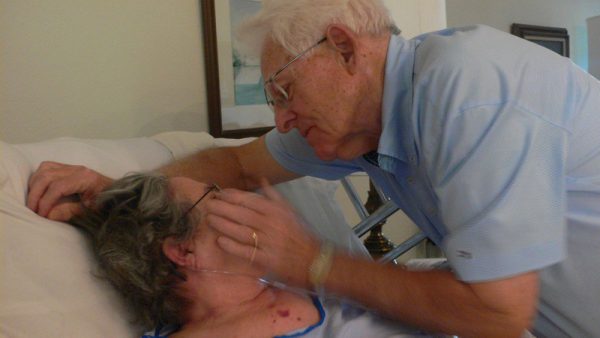
Nearly two-thirds of Americans support doctor-assisted suicide laws. These laws — also known as death with dignity or aid-in-dying laws — allow people with terminal illnesses to request medical assistance to hasten their deaths. Eight states and Washington, D.C. have death with dignity laws and 19 more are considering similar policies. Yet, only about half of Americans believe doctor assisted suicide is moral. New sociological research shows that understandings of a “good death” may help explain these competing views.
Not all participants viewed aid-in-dying laws the same way. African American and Latino participants expressed concerns that aid-in-dying laws could mean worse medical care, especially for people who already struggle to access medical institutions, knowledge, and treatment. Some specifically voiced concerns that discrimination would make them targets for an early death.
Death may be a physiological process, but how we understand death is social. Cultural conceptions of what a “good death” entails shape how people make sense of new options for end-of-life care. But even when these options align with understandings of a “good death,” discrimination and resulting distrust of medical institutions can mean that marginalized people do not see aid-in-dying as a safe option.
For more on racial disparities in mortality, check out the Center for Disease Control’s 2017 report.

Comments